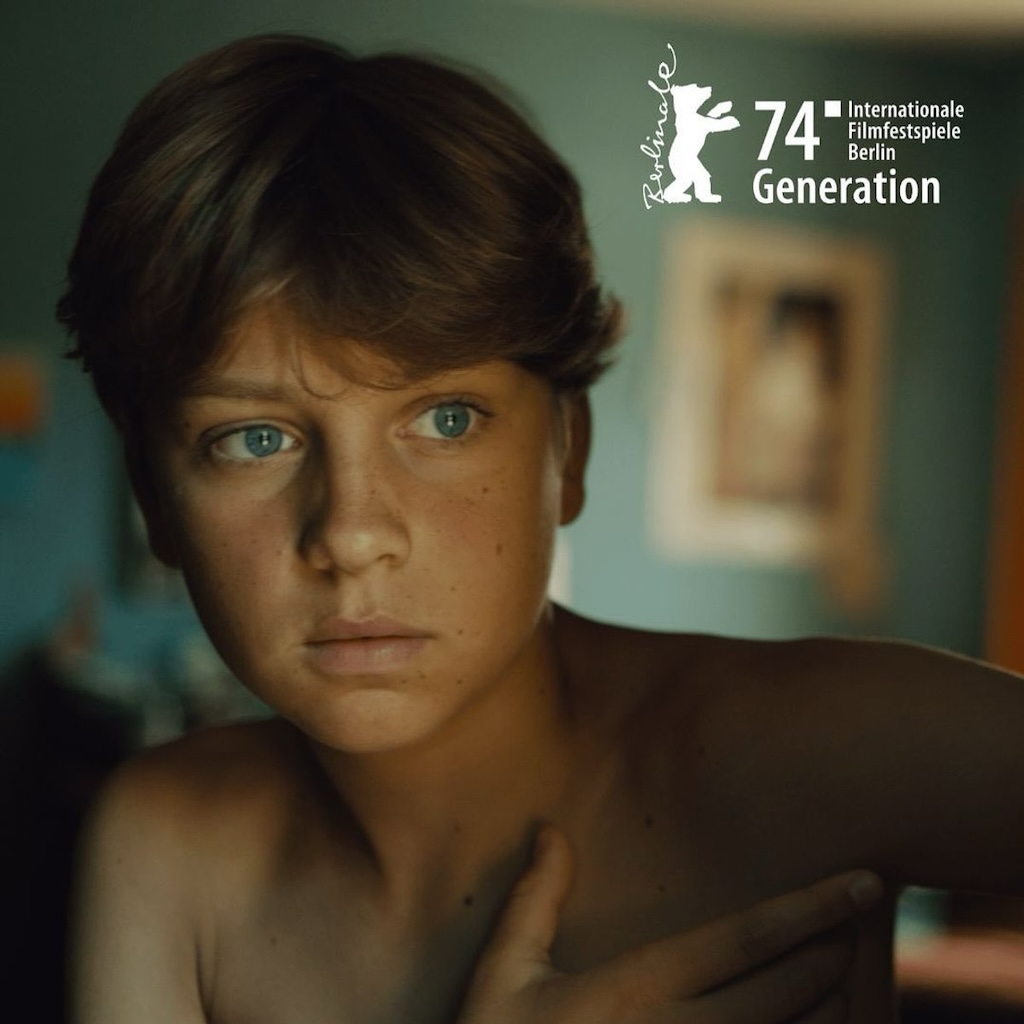In the cinematic landscape, few voices capture the raw, untamed essence of queer youth as authentically as Anthony Schatteman. With Young Hearts, a tender coming-of-age tale chronicling 14-year-old Elias’s journey through first love and self-discovery, Schatteman crafts a vibrant mosaic of emotions underscored by universal themes of identity and acceptance
Premiering to international acclaim at the Berlin Film Festival, where it earned a Children’s Jury Generation Kplus: Special Mention, Young Hearts is a triumph of storytelling, marrying a utopian aesthetic with profound emotional depth.
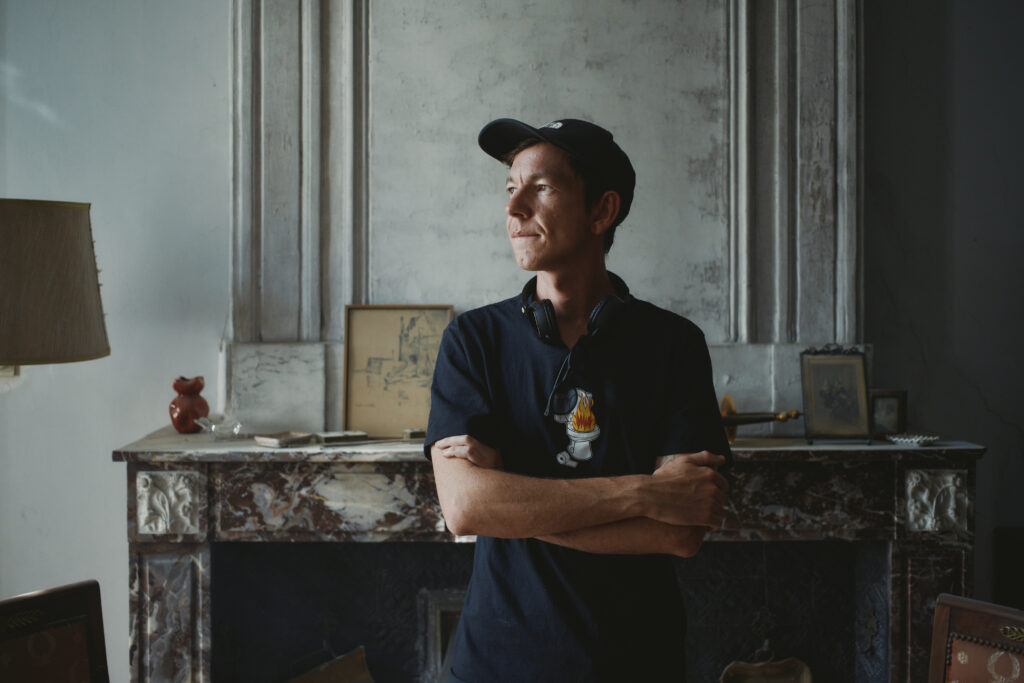
Ahead of the film’s Belgian release on December 18, KET magazine sat down with Schatteman to discuss the inspirations, challenges, and aspirations behind this deeply personal project. His reflections offer a window into the heart of a filmmaker determined to rewrite the narrative of queer cinema with color, hope, and authenticity.

KET: Why did you choose to focus on queer youth as the central narrative of Young Hearts, and what impact do you hope it will have on young LGBTQ viewers?
Anthony Schatteman:
I wanted to create a film for a younger audience because kids today grapple with questions about identity and emotions earlier than ever. We have so many coming-of-age stories, but most of them include sexual references. While those films are valid, I wanted to explore something different—a story about the innocence of first love. Young Hearts focuses on emotions, connections, and self-discovery, without venturing into sexual territory.
For me, it was crucial to make a film that every kid, no matter their age or background, could watch. I wanted them to see a story about love and developing feelings without fear or judgment. Life is too short to shy away from being yourself, and I hope this film inspires young viewers to embrace their feelings wholeheartedly.
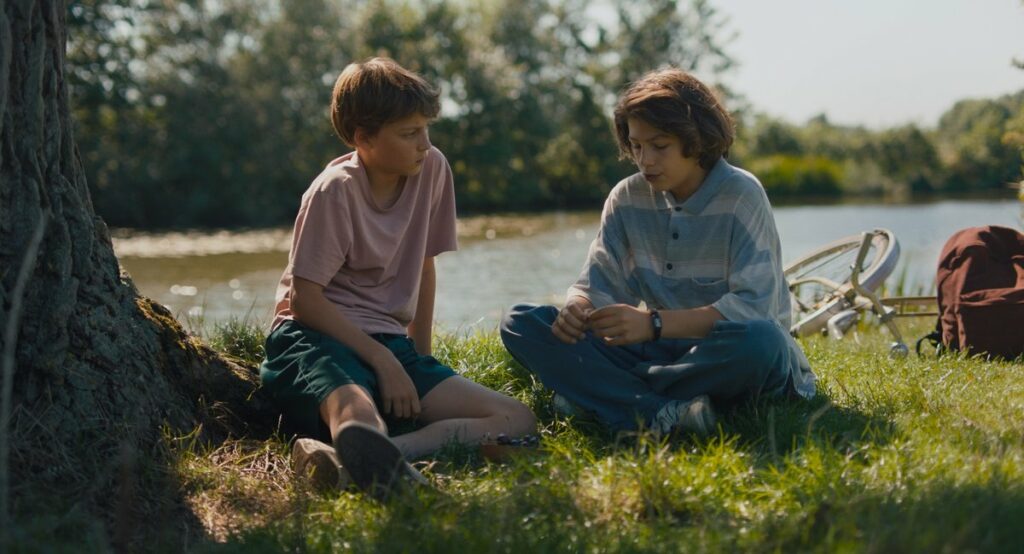
KET: The film touches on themes of self-discovery and acceptance. How do you think these resonate with queer adolescents today?
A.S:
These themes are universal, but they hold a particular weight for queer adolescents. Internal struggles—feeling like an outsider or doubting yourself—are experiences we all face growing up, regardless of sexuality. For queer youth, these feelings can be amplified.
I wanted to show that it’s okay to feel scared, to doubt yourself, or to feel like you don’t belong. Everyone goes through these moments, and they’re part of finding your place in the world. I hope this film encourages viewers to open up about their emotions and realize they’re not alone. Sometimes, reaching out—whether to a friend, a parent, or even through a film—can make all the difference.
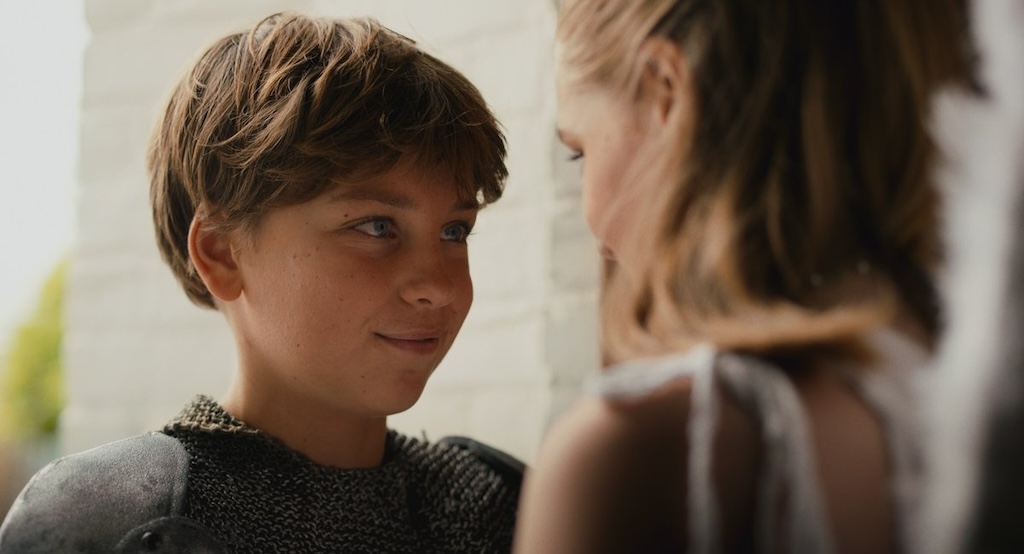
KET: How did the setting of a small, intimate community shape the portrayal of Elias and Alexander’s relationship? Does this mirror your own experiences?
A.S:
It mirrors my childhood a lot. Growing up in a small village where everyone knows each other was isolating. My father was a well-known singer, and our family stood out. When I began questioning my feelings, I felt like there was no one I could talk to—no role models, no one who understood.
The fear of disappointing my parents, especially my father, weighed heavily on me. My brother was this confident, athletic guy, and I worried that coming out would make my parents see me differently. That fear of not being enough or letting others down shaped me deeply, and I wanted to capture that internal conflict through Elias’s journey.
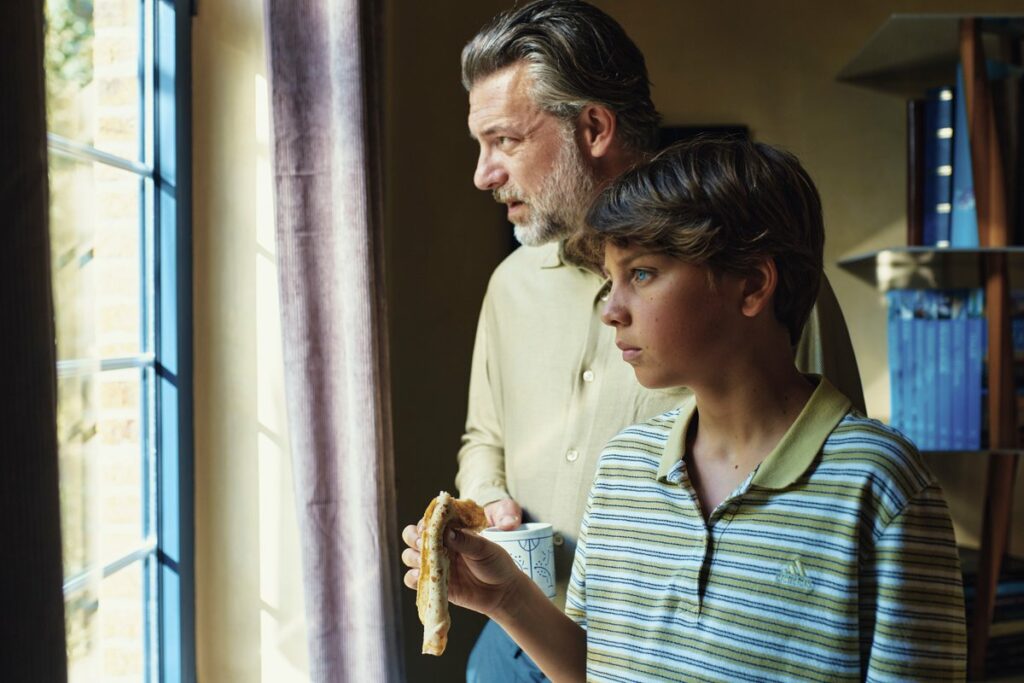
KET: Your films often stand out for their emotional depth and stylistic choices. How do these elevate queer storytelling in Young Hearts?
A.S:
I aimed to create the kind of story I wish I had growing up—a utopian Disney-like love story where two boys fall in love without tragedy. The vibrant colors, the warm cinematography, and the hopeful tone are all intentional.
I grew up watching films like Matilda, Mrs. Doubtfire, and Jurassic Park. Those movies transported me to another world and filled me with emotions I didn’t yet understand. I wanted Young Hearts to do the same for queer youth—a story that feels both universal and deeply personal. By showing love in its purest form, I hope this film provides the representation I longed for as a kid.

KET: How has international recognition of Young Hearts shaped your career as a storyteller?
A.S:
Honestly, I initially thought the film would just be shown in Belgium. When it premiered at the Berlin Film Festival, it was a dream come true. Winning the Special Jury Mention and then other accolades like the Iris Prize opened so many doors. Now, Young Hearts has been sold to over 70 countries, even in places where queer topics are rarely discussed.
Seeing kids and audiences from all over the world resonate with the film is the most rewarding part. When young people tell me the film gave them hope or made them feel seen, it’s everything I could have hoped for as a filmmaker. Knowing that this story is making an impact in places where queer representation is scarce warms my heart.
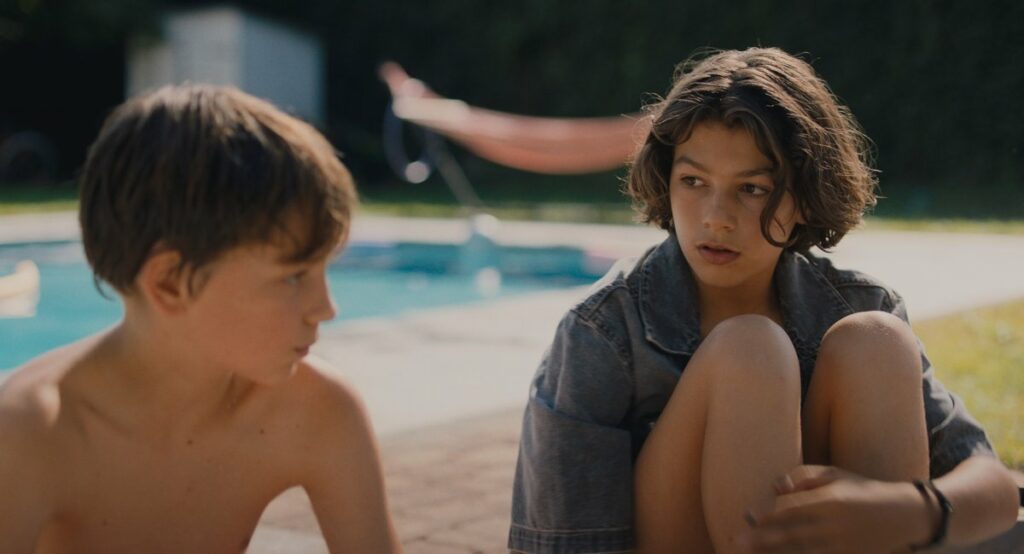
KET: How much of your personal story as a queer individual is reflected in Elias’s character?
A.S:
A lot, actually. Elias’s story is deeply personal to me. His experiences, his emotions, even the setting of the small village—they’re all reflections of my own life. When I was Elias’s age, I felt so alone, like there was no one I could relate to. That fear and longing to belong are central to his character.
I wanted to create a mirror for my younger self, a story that says, “It’s okay. Everything will be fine, and you’re not alone.” I didn’t have that growing up, but I hope this film provides it for others.
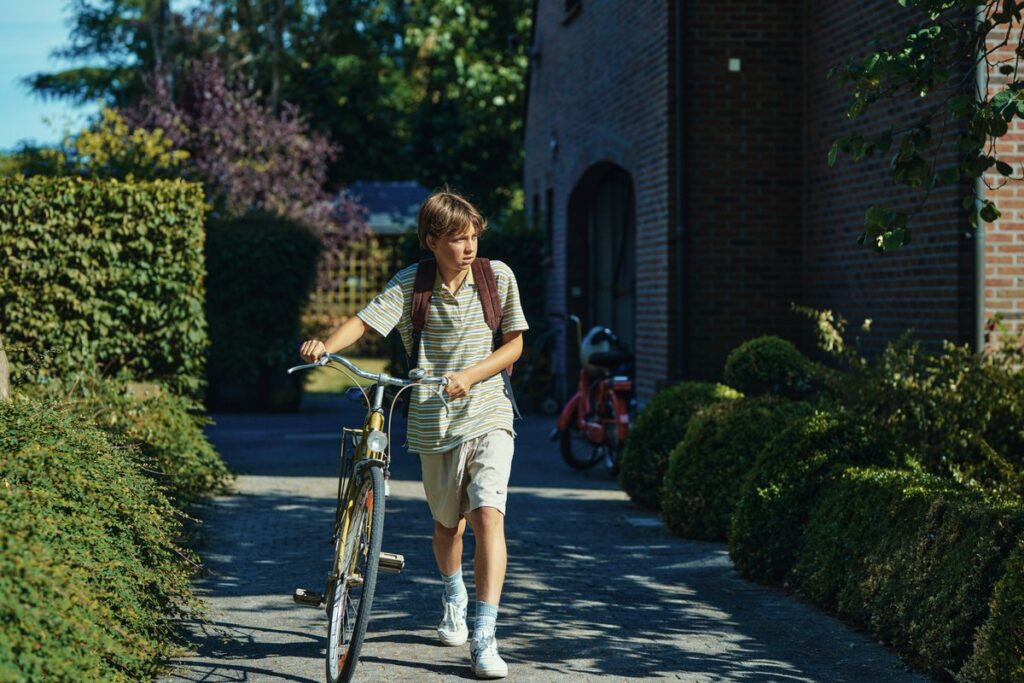
KET: Why is it important to present Young Hearts to a local LGBTQ audience in Brussels?
A.S:
Sharing the film with a local audience is nerve-wracking but so meaningful. Film festivals are great, but they’re often niche. I made this movie for everyone—especially for kids who can’t always find stories that reflect their experiences.
At every screening, I’ve seen young people open up, share their stories, and thank me for creating something they can relate to. It’s overwhelming and beautiful. I hope the Brussels audience, especially queer teens, see themselves in Young Hearts and feel inspired to embrace who they are.
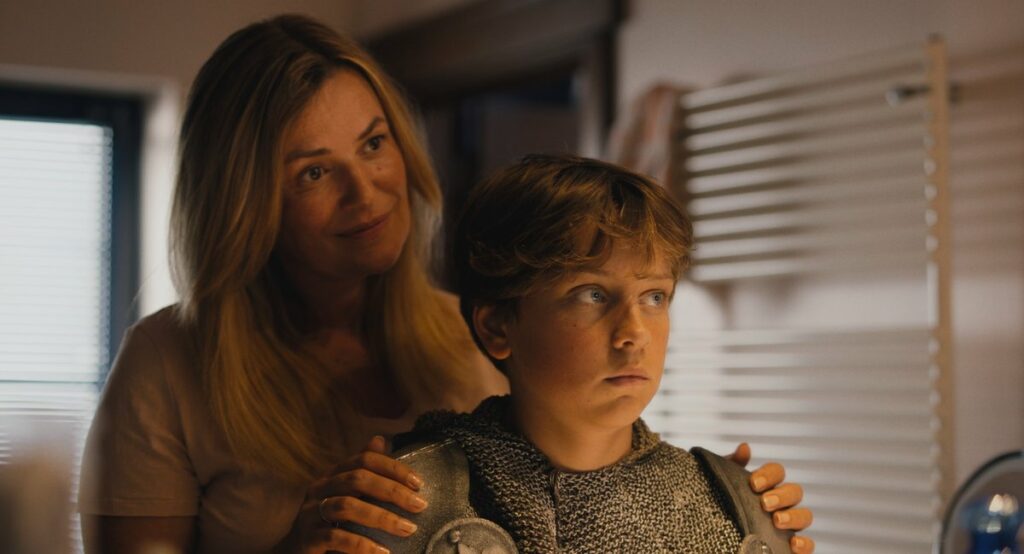
KET: Do you plan on focusing on queer youth in your upcoming projects, or are you exploring other dimensions?
A.S:
While my next film might not center on 13-year-olds, it will still feature LGBTQ characters. Queer stories are part of who I am as a filmmaker. Representation matters, and I feel a responsibility to continue telling these stories—not just for queer audiences but for everyone. Love is universal, and queer stories deserve to be part of that narrative.
Picture of Anthony Schatteman by Thomas Nolf. Movie’s Images courtesy of Polar Bear from the movie Young Hearts.
You may also like
-

Queer Voices, One City: Meet the Choirs of Various Voices Brussels 2026
This June, Brussels turns into a queer soundscape: 120 LGBTQI+ choirs from 18 countries are
-

Niall Horan, Soft-Spoken Pop Star – And Loud LGBTQ+ Ally
From Pride tweets to rainbow flags in the crowd, Irish singer Niall Horan has quietly
-

Angèle x Justice’s “What You Want”: A Queer Night Out We’ve All Dreamed Of
Projected onto the façade of La Monnaie in Brussels and shot at night in Marseille
-

Ten Years of Balkan LGBTQIA: A Decade of Fighting Borders, Discrimination and Silence
Created in Brussels by volunteers from across the Balkans, Balkan LGBTQIA has spent ten years
-

Cœur de pirate at AB: the runaway pop of a queer icon lands in Brussels
A major figure in Francophone pop and an outspoken voice in the queer community, Cœur de pirate

